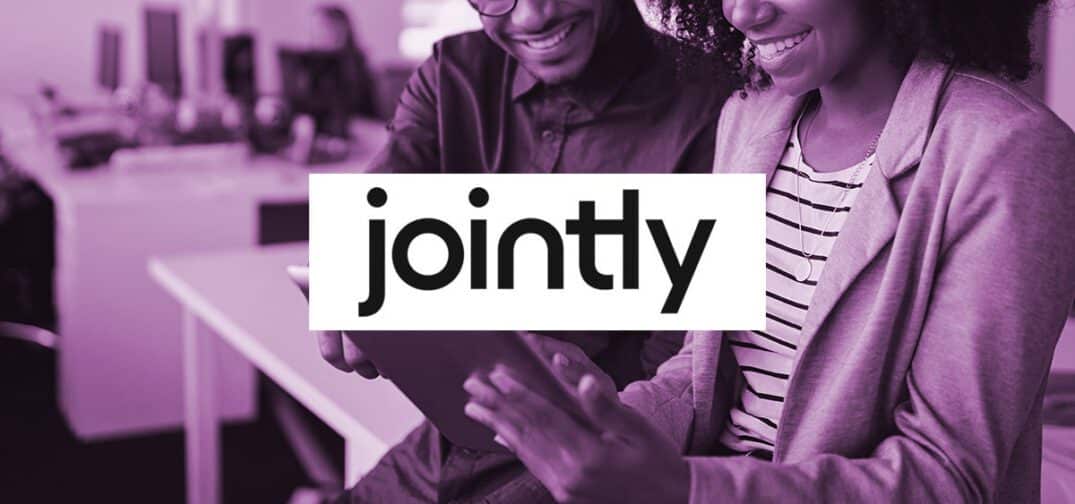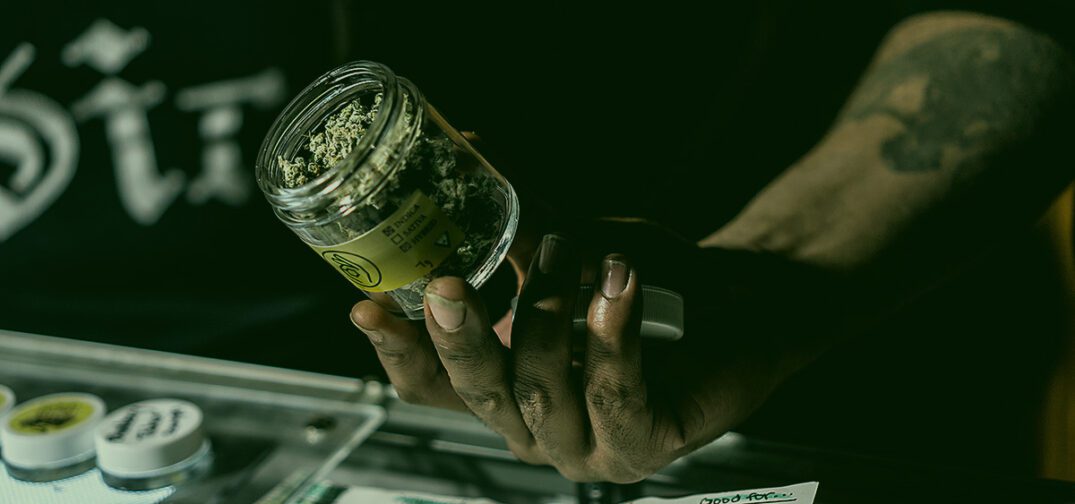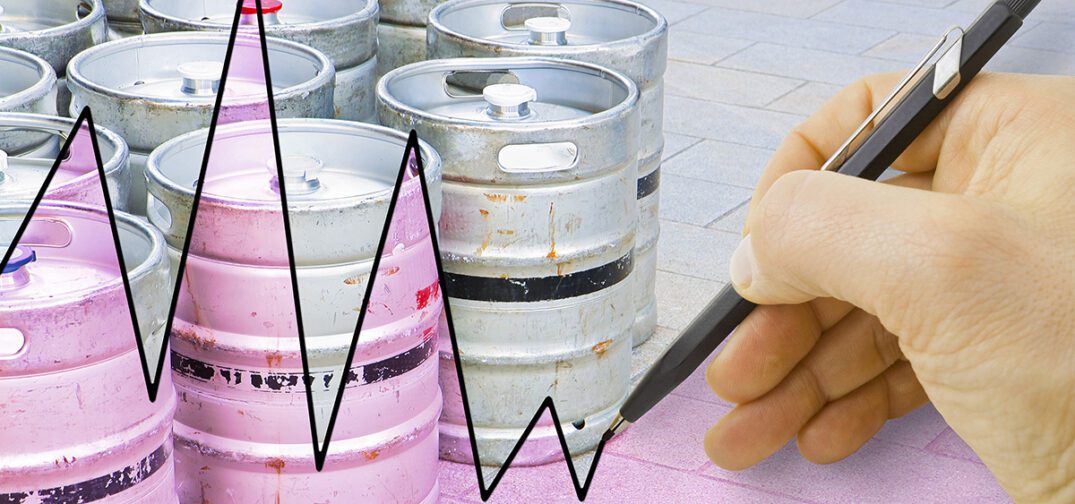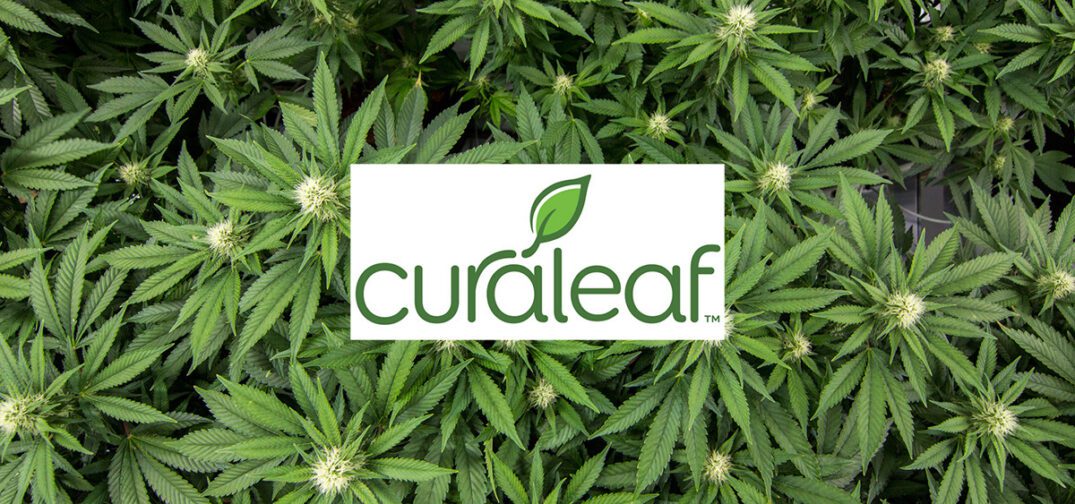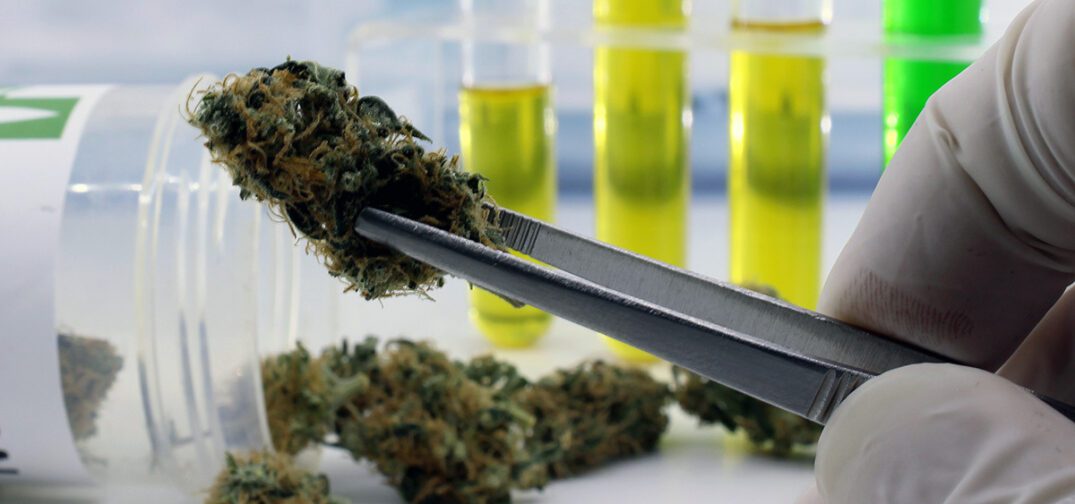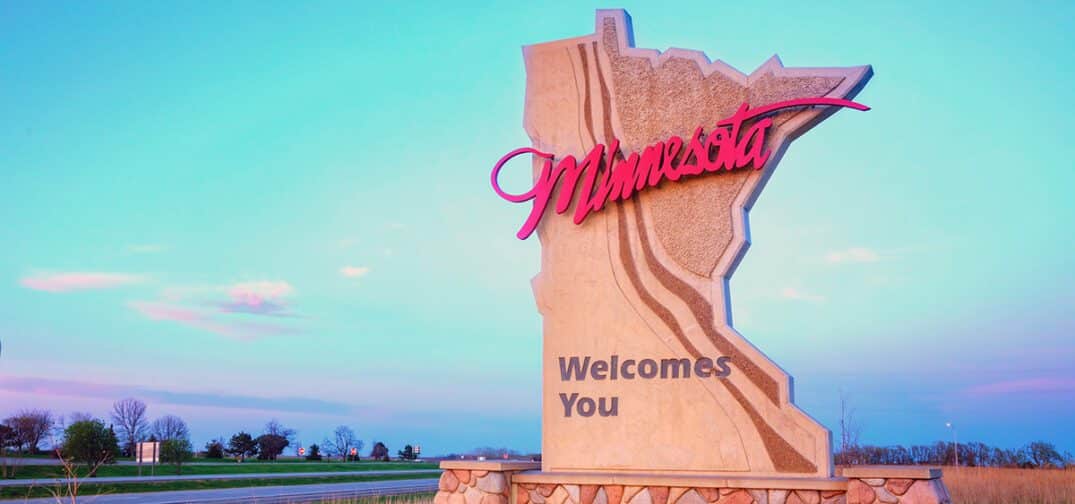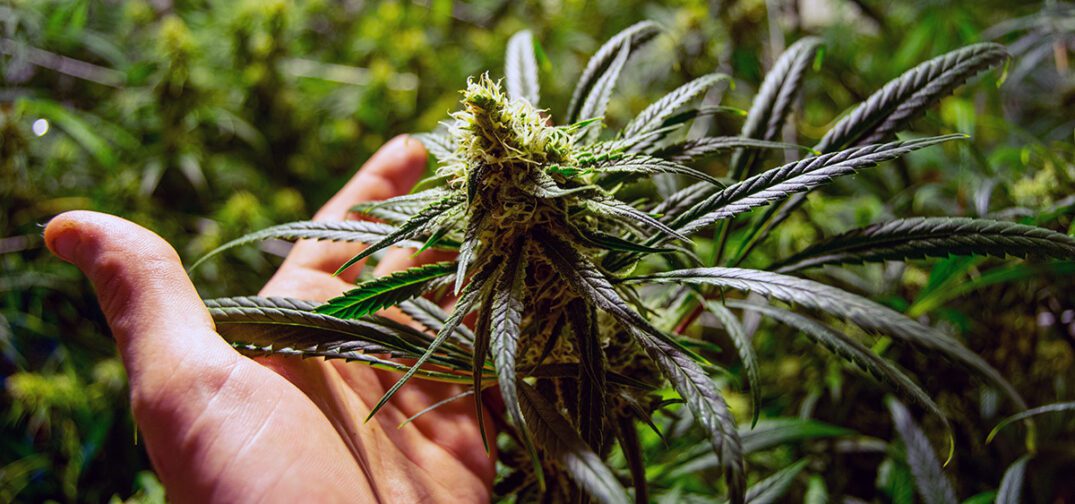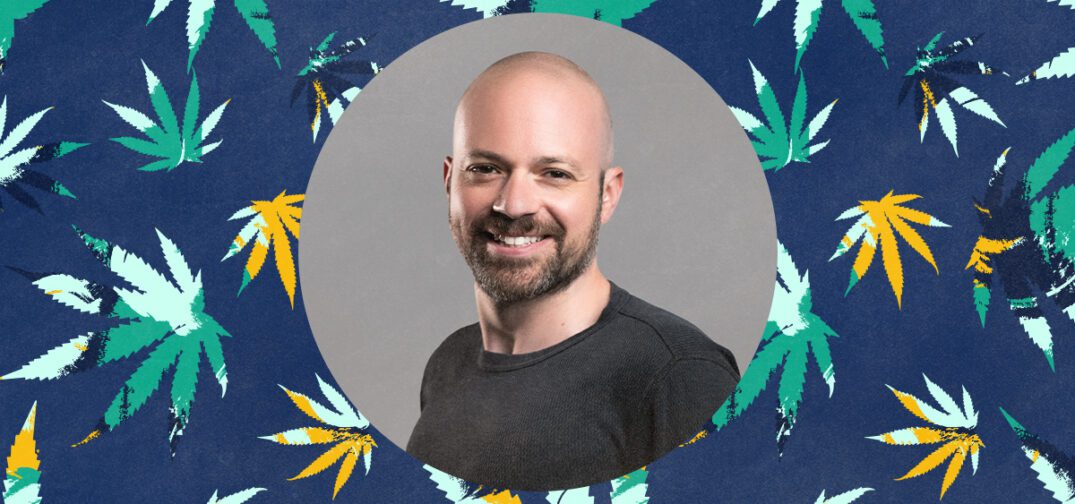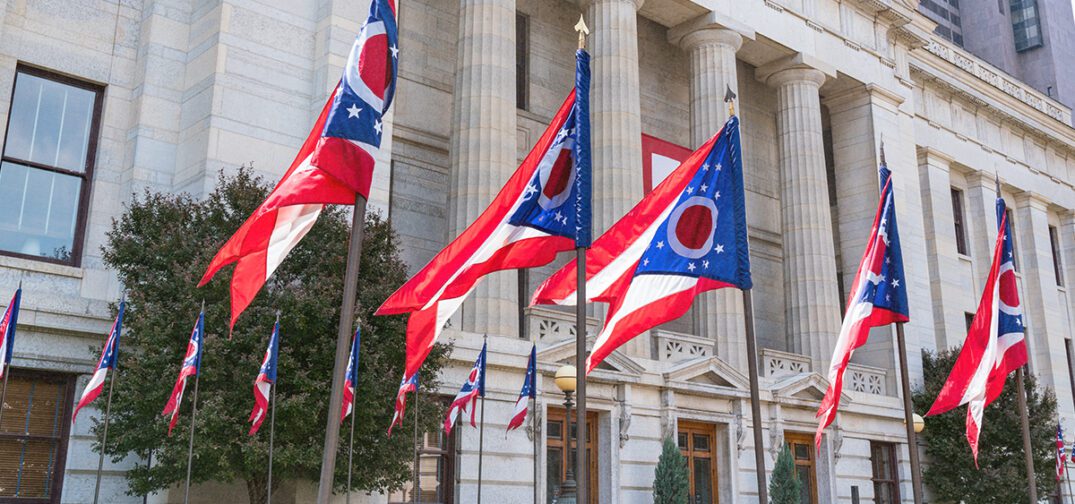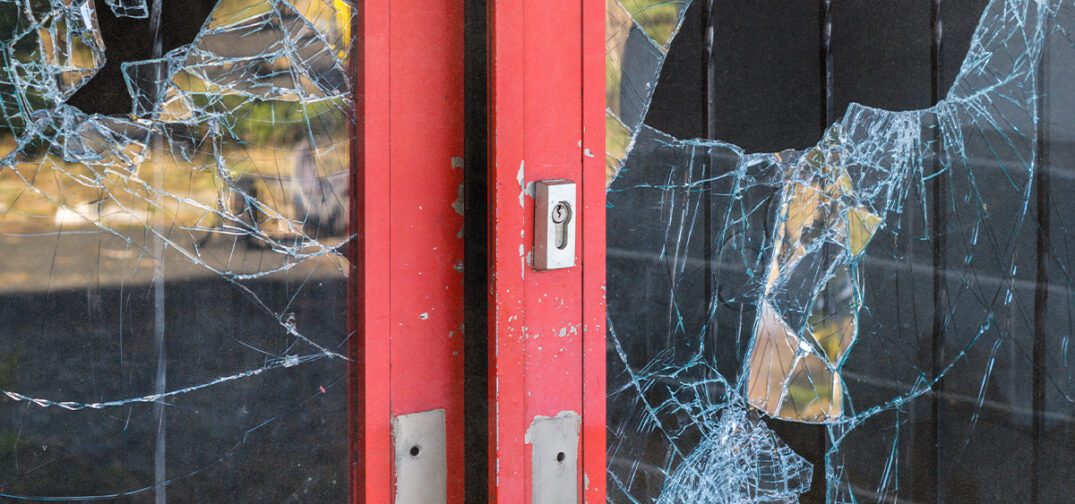Editor’s note: This editorial was contributed by Melanie Davis, Chief Operating Officer of The People’s Ecosystem, a California-based and equity-focused multistate cannabis operator.
It’s often said that Diversity, Equity, and Inclusion (DEI) Initiatives are not profit-focused but I’d argue that that’s mostly because they are not looked at as a long-term investment. Instead, they’re looked at as an “issue” — we are looked at as “issues,” rather than as vertical support and an economic engine of your corporate ecosystem. Additionally, the return on investment of DEI is rarely measured accurately, if it’s measured at all, and in most cases, senior decision-makers are insulated from these initiatives, programs, and/or policies, deflating their importance and sustainability.
For two and a half decades, I have seen people with good intentions confuse that with effective actions and tangible results. But the good news is that as an industry, we are in our infancy. Together, we are building the cannabis industry day by day, in real-time, and we are uniquely positioned to build from the ground up and diversify right out of the gate! It’s not like we are having to deconstruct businesses that have been around since the industrial revolution. The opportunity to do it right, and make it right, is here and now.
DEI as a P&L responsibility
A diverse company increases productivity and profitability. It reduces absenteeism and attrition, and it improves talent acquisition and retention. With intentional diversity, equity, and inclusion initiatives (plural), one could absolutely expect an increase in innovation and innovation-related profits.
Let’s expand on the financial benefits of well-developed and intentional DEI initiatives:
McKinsey found that ethnically diverse executive teams are 36% more likely to see top financial performance, while Boston Consulting Group determined that companies with above-average leadership diversity generated innovation-related revenue 19% higher than companies with below-average leadership diversity. As an example, our company dropped 57 product SKUs in less time and with less money than it takes to launch one, and I work for one of the few BIPOC women-led MSOs in the space. Imagine those returns — they significantly add up.
McKinsey/Boston Consulting Group also found that companies like The People’s Ecosystem are 83% more likely to be able to recruit millennials, and that’s important because over 44% of millennials look like me and are a bridge to Gen Z, where over 50% of that market share identifies as BIPOC. Let me say that again: over 50% of Generation Z are Black, Indigenous, and People of Color and, get this, they all have a supercomputer in their pocket where they can instantly know all about you, your company, and if it aligns with their values.
This generation knows the harm the racist war on drugs caused their parents and grandparents, that they were likely displaced due to predatory housing lending practices, and the overwhelming impact that displacement has had on overall health, all revealed to the masses during the global pandemic. These potential consumers keep their receipts — they are archived and shared in the form of screenshots, memes, and PDFs. That is why if you are responsible for your company’s bottom line, you must have effective internal DEI initiatives that are directly tied to your Profit & Loss Statement (P&L).
What does your P&L say about DEI?
An income statement tells you two things: it summarizes revenue, costs, and expenses incurred during a specific period, usually a fiscal quarter or year, and it also provides information about a company’s ability or inability to generate profit by increasing revenue, reducing cost, or both. That is textbook.
For reasons stated earlier regarding a certain 19% bump in innovation-related revenue for companies with diverse leadership, here is how I read an income statement: I count all Diversity, Equity, and Inclusion as assets, and everything else as a liability. Why? Because failure to diversify will choke your company out of the market.
Remember, over 50% of Gen Z look like me. People get freaked out when I say that but keep in mind the number one financial rule to achieve revenue goals and protect your company from volatility is diversification. ¡Hola!
Liabilities
Again, I count everything else as liabilities: that includes revenue, cost of goods sold, sales and marketing, employee-related expenses, operating income, and, of course, time. The rule of diversification tells me that if DEI is not tied to any of these line items, then they are a liability and will cost you.
There are many areas we can look at but let’s dive right into some of my favorites on the P&L.
Sales and marketing
You should always have a diverse sales force that is reflective of your DEI values both internally and externally, and from the top down. If you truly have that, and it is financially supported, then your advertising investments will also have authentic representation which will lead to success.
Having first-hand experience with this for two and a half decades in the media industry, I can tell you what happens when businesses fail to invest in this adequately. As a former publisher of diverse newspapers and magazines, I would often embark on a journey with a newly hired marketing person of color whose intentions were to expand and diversify their company’s market share. We would collaborate and build a successful campaign that would ultimately be short-lived. But not because the advertising didn’t work — the numbers don’t lie — but rather because their superior(s), who had been insulated from the corporate DEI initiatives, would be romanced by mainstream media implying that they too could reach our same target audiences. As one could imagine, our ad campaign would get pulled and go to a mainstream media outlet(s) and at the end of the day, the target audience was last, as were the future capital returns on investment. That’s a DEI fail.
Employee expenses
Next, let’s address employee-related expenses. Of course, this is where workers compensation, insurance, and similar concerns are considered, but this is also where we can see how diversity is supported among your company’s C-suite, your part-time employees, and even contractors.
When broken down, one can discover trends in corporate culture. I recommend looking deeper at expense accounts, especially those of your senior leadership. Do these expenses foster “dude culture” or diverse culture? For most companies, this will be the largest expense category on their statement, and it directly relates to profitability. These expenses can either be counted as an asset or a liability toward diversity, equity, and inclusion. If your company currently fosters a “dude culture,” in order to rectify this, start with building an expense policy that encourages local diverse engagements. Corporate expenses should be hyper-local with diverse businesses: get rid of anything toxic because it just doesn’t add to the bottom line and could pose significant liabilities.
Operating income
Now let’s talk about operating income. Net operating income is one of the most important lines on the P&L statement because it shows what’s left over after all your expenses are paid. If the number is positive, it means your business is profitable. If it’s negative, it means that your business is spending more than it brings in and you’re burning capital just to stay in business, which is normal for companies like startups, of course, but even if you expect to operate at a loss, you will still want to keep an eye on this to track how much you’re burning and what you are leveraging. There are many opportunities that could be leveraged in this category, from your facility(s) locations to vendor diversity. And if you can’t identify diversity within your vendor supply chain, then help invest in diverse people who want to build that business.
The numbers don’t lie
The P&L is a crucial tool in managing your business’s money, and knowing how to read one through the lens of diversity, equity, and inclusion will be vital for getting the information you need to run your company for long-term success. With a solid grasp of how your company is trending and which areas to focus on, you’ll be able to make more accurate financial projections and partnerships, and will better recognize the return on investment for your DEI initiatives — again, plural — and how that investment across the board directly impacts your P&L.
I am going to remind you one last time that by vesting your interest in diversification, not only are you helping repair the harm caused by the war on drugs but your company will be rewarded with increased innovation-related profits, and you should be prepared for a very diverse future.
